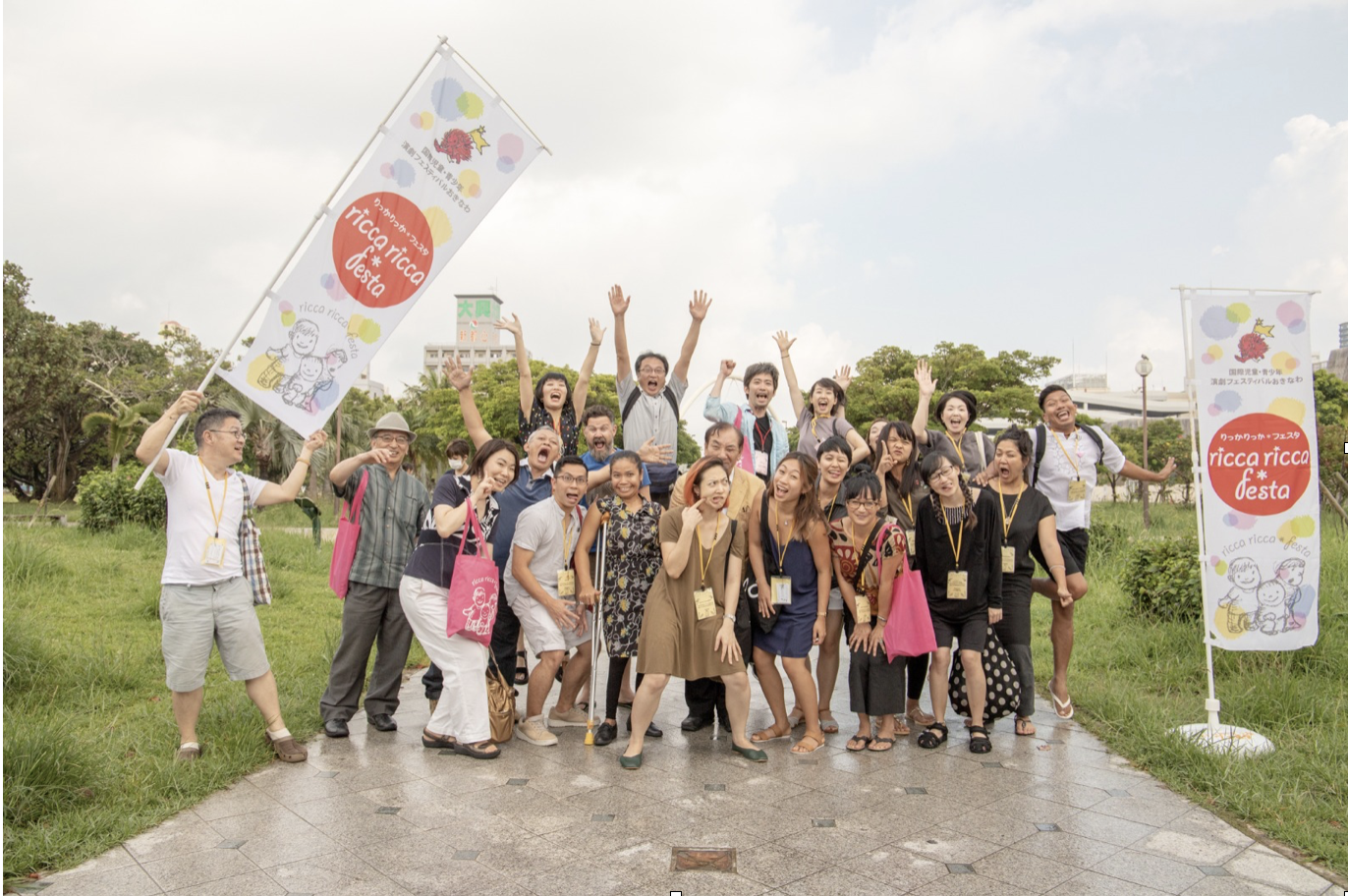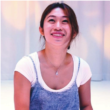Home » ricca ricca*festa Event Reports » Abigail Huan
Ricca Ricca*Festa 2018
Reflections and feedback
This is my first year taking part in the Asian TYA Network programme and I am entirely impressed how well thought out it is. I personally felt that it has been fine tuned over the years and catered specifically to the needs of its participants perfectly. The only concern most of the members had was the sustainability of the programme, due to the fact that the programme is not guaranteed funding for the following year. However, enough time was given for it’s participants to network and make strong connections in order to discuss possibilities of the sustainability of this programme in the long run. The participants clearly felt the importance of such a programme and all offered up their resources in order to plan and continue the programme next year.
There were three main sections of the programme this year:
- Networking and sharing of practices
- Shows
- Post show dialogues and reflection sessions
Networking and sharing of practices
Different organisations and festivals shared about their various practices. I enjoyed hearing about how different countries in Asia cope with funding through methods of fundraising / friendraising. Friendraising is a term Nikki Cimafranca from YATTA shared with us which is essentially making friends in various organisations in order to help materialize their projects. A lot of the participants found the term particularly accurate as it was a method we frequently use in our own respective countries.
There was a session which focused on TYA for Social Change where Nguyen Hoa My (Vietnam), Ruth Pongstaphone (Thailand), Nang Yadanar Soe (Myanmar) and Sokny Onn (Cambodia) all came to present about their different practices and about the different contexts about TYA for Social Change in Asia. What personally touched me the most was Sokny’s presentation about Epic Arts, an inclusive arts organisation. I was stunned about the perspective people in Cambodia had about disability. They viewed people with disability as a payback of bad karma from their previous life. However, the way Epic Arts has managed to subvert that perspective through the arts by not seeing disability but seeing alternate abilities really amazed me. This perspective was further solidified by Sokny’s workshop which had us each thinking of different ways of walking, clapping and sleeping, truly seeing the body, disable or able, as having different ways of functioning, one not any less than the other just because it is more unique.
Shows
As a part of the programme, we watched many shows, mostly from Scotland, Russia, Denmark, Korea and Japan. There were many good shows part of the festival but the show that touched my heart the most had to be the Shiijya Dance Project, Broken words fly into the sky. The performance is about elderly ladies born and raised in Okinawa who had experienced the battle of Okinawa in their childhood. The elderly ladies dance to express their experiences of the battle of Okinawa, weaving together their real voices with the memories that remain. The whole performance revolved around one elderly performer’s story of her experience during the war. I was thoroughly amazed with how confident and willing the Okinawan elderly was to perform such a difficult time in their past. During the post show discussion it was shared that it was therapeutic for them to find peace within the painful memories. The performance was utterly genuine and I couldn’t have been more grateful to have experienced it with them.
Post show dialogues and reflection sessions
These sessions were particularly informative and we got to hear about the artistic processes that goes on in the creation of the performances. We also reflected on the performances in smaller groups which allowed us to hear the different perspectives of the participants with diverse backgrounds. This increased the awareness of the different lenses of which we use to view performances. Also, it was nice that the programme provided these safe spaces of dialogue for us to share our views on the performances and learn from each other.
To conclude, I believe that this network is extremely essential in allowing TYA practitioners around Asia, especially the less developed parts of Asia, to meet and not feel isolated in their work and adversity in their respective countries. It is a safe space for us to share our knowledge, resources and practices in order to work together and support each other in developing the Asian TYA scene. Thank you for allowing me to be a part of this programme and experiencing its value. I look forward to the continuation of the Asian TYA network in the years to come.




